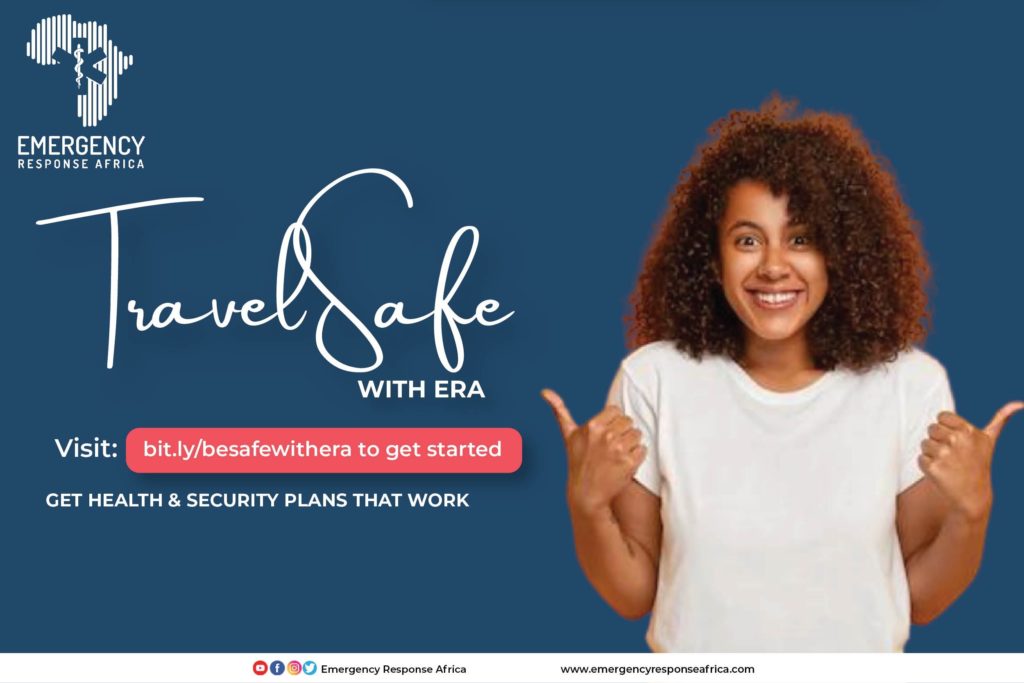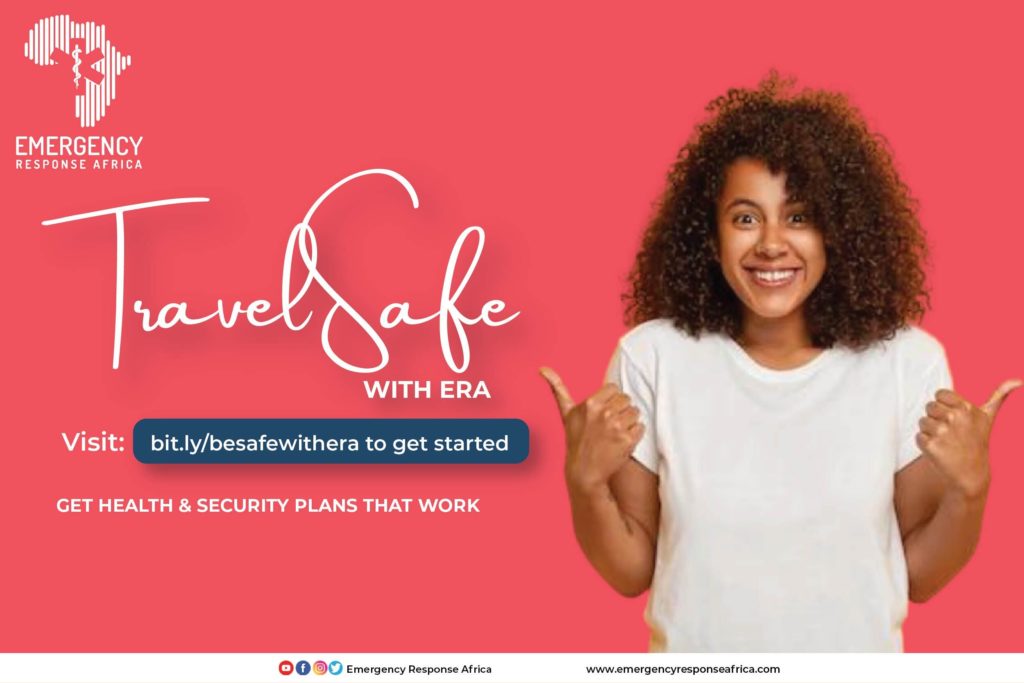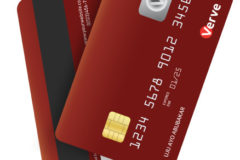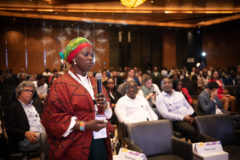
When Kike decided to travel to Nigeria for the holidays, she hesitated to tell her parents because she knew they wouldn’t approve. The last time she was in Nigeria spending time with her cousins, they had gotten into an accident and her leg got trapped in the wreckage. There was no one to call in that situation, so it was left to her cousins and passersby to untangle her from the wreck. Someone suggested calling an ambulance service, which her cousin did, but got no response. Kike’s leg was in so much pain they decided to just get a taxi to take them to the hospital. The first three hospitals they went to sent them away because they were not equipped for that kind of emergency. The fourth hospital agreed to treat her but wouldn’t touch her without payment. Though they had money, they had lost everything in the crash, so one of her cousins had to borrow a phone to call a parent to come down and help them. By the time payments were made, hospital registration was done, and Kike began to receive care, losing her leg had become a significant concern. So when Kike decided to visit Nigeria again, she knew she had to make a plan for emergencies, something that would put her parents at ease. This time, she reassured her family and friends that she had someone to handle the situation if tragedy struck. That someone or in this case, something was Emergency Response Africa (ERA).
According to data from the National Bureau of Statistics (NBS), there were 3,345 recorded road traffic accidents between January and March this year alone, and in 2021, a total number of 13,027 traffic accidents were recorded, with over 40,000 casualties. Malaria deaths recorded by the World Health Organization in recent years stand at 627,000 globally, with Nigeria accounting for 31.9% of those deaths, the highest country death rate on the list. Between bad roads, common illnesses like malaria and now, multiple COVID variants, living in Nigeria can feel like a deathtrap. Medical professionals are leaving the country en masse and the state of healthcare facilities in the country is abysmal. These reasons prompted Folake Owodunni and Maame Poku to start ERA 2 years ago, after their own personal experiences with family emergencies.
ERA is a health-tech company which provides emergency medical assistance in as little as 10 minutes. The goal of ERA is to help significantly reduce the number of preventable deaths occurring daily in Nigeria.
The golden hour in medicine refers to the crucial time between trauma and when care is administered, in which a patient stands a better chance of survival. It is an indisputable fact that the quicker a patient receives medical care after a trauma incident, the higher their chances of survival, without permanent damage and disability. ERA is improving Nigerians’ chances of survival by providing access to a network of first responders made up of doctors, nurses, and paramedics trained to provide life-saving, emergency first aid. With this medical network and their 24/7 control centre, they are equipped to receive distress calls at any time of the day and have a medic to assess and assist patients in need of emergency care as quickly as possible. In situations where advanced care is needed, ERA has ambulances ready to transport patients to specific equipped hospitals to provide further lifesaving care.
In addition to health, most foreigners and diaspora Nigerians like Kike above are greatly concerned for their safety when they visit the country. The rising level of security threats and the potential increase in pre-election violence is causing many to rethink their plans, which could negatively impact the diaspora contributions to the Nigerian economy. This is why ERA has extended its services to include an affordable emergency travel plan that offers access to both emergency medical and armed security response for those visiting the country temporarily.

How ERA works
ERA has a number of plans and products dedicated to getting people fast, reliable, and affordable help wherever and whenever they need it. With as low as 41,000 naira ($59), you can get emergency coverage for visits to Nigeria of up to 60 days across Southwest Nigeria, Abuja, Port Harcourt, and Delta and environs.
For the emergency travel plan, all interested parties have to do is:
- First choose a plan and pay, then register.
- Download the Signal by ERA app on iOS or Android and create a profile.
- Fly into Nigeria without worry because you’re now covered in case of emergencies, anywhere you are and you can trust that your life will be handled with care.
This travel plan provides prehospital coverage for any medical emergencies including food poisoning, malaria, COVID and other illnesses, injuries, road accidents, as well as incidents of security threat and harassment
Travellers can get single-trip, multiple-trip or all-inclusive emergency plans, or a bulk purchase plan for group travellers. The single-trip emergency plan comes with a one-time ambulance evacuation for up to 60 days and the multiple-trip plan includes three ambulance evacuations valid for a whole year. The all-inclusive plan provides more comprehensive coverage for 365 days including multiple ambulance evacuations.
For other ERA services, in cases of emergency, just call the toll-free number–080002255372 or download the app for easier location tracking and you’ll be responded to by a professional. The call centre responder will dispatch an emergency first responder to your location either on a bike for speedy response, or an ambulance with ready paramedics. The call centre responder will talk you through providing first aid emergency care while they wait for the paramedic(s) to get there in 10 minutes or less. When first responders get there, they’ll attend to the patient on-site and in cases where more care is needed, transport the patient in a well-equipped ambulance to one of the vetted, emergency-ready hospitals for further care.
ERA also provides occupational care products for various industries including manufacturing, oil and gas, real estate, event management, mobility and logistics, warehousing, insurance and partnerships with governments for the public sector. These plans tailored to various industries include comprehensive emergency readiness assessment and a response plan for occupational hazards, training and certification of crew members in first aid, trauma-related life support, standby ambulance services on-site and several other services.
Now, Kike is no stranger to emergencies, but instead of praying nothing happens, she was proactive and made sure she had a plan to be taken care of if/when danger strikes. Nigerians can do the same too.
Sign-up for ERA’s travel plans here, other products and services here and learn more about ERA here.
















